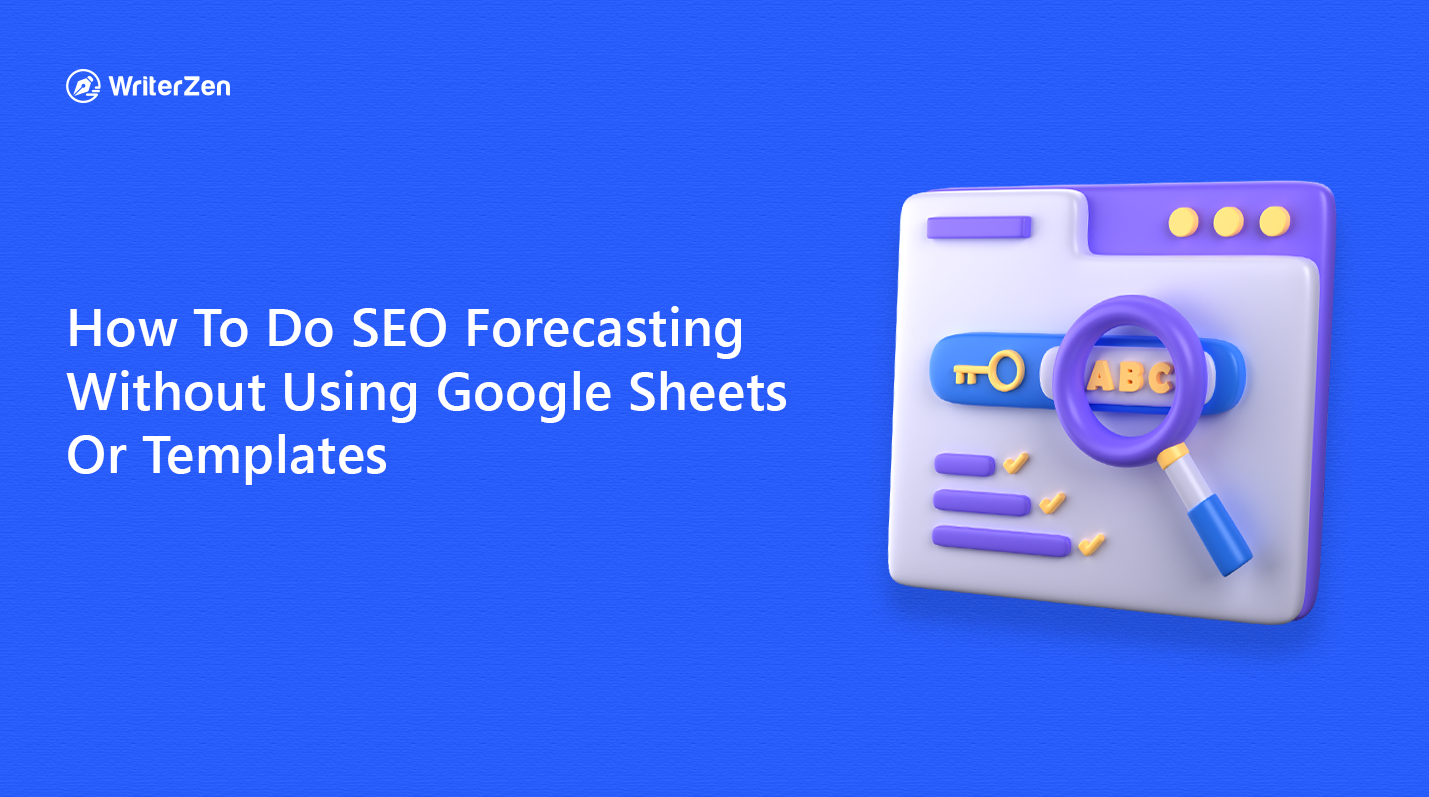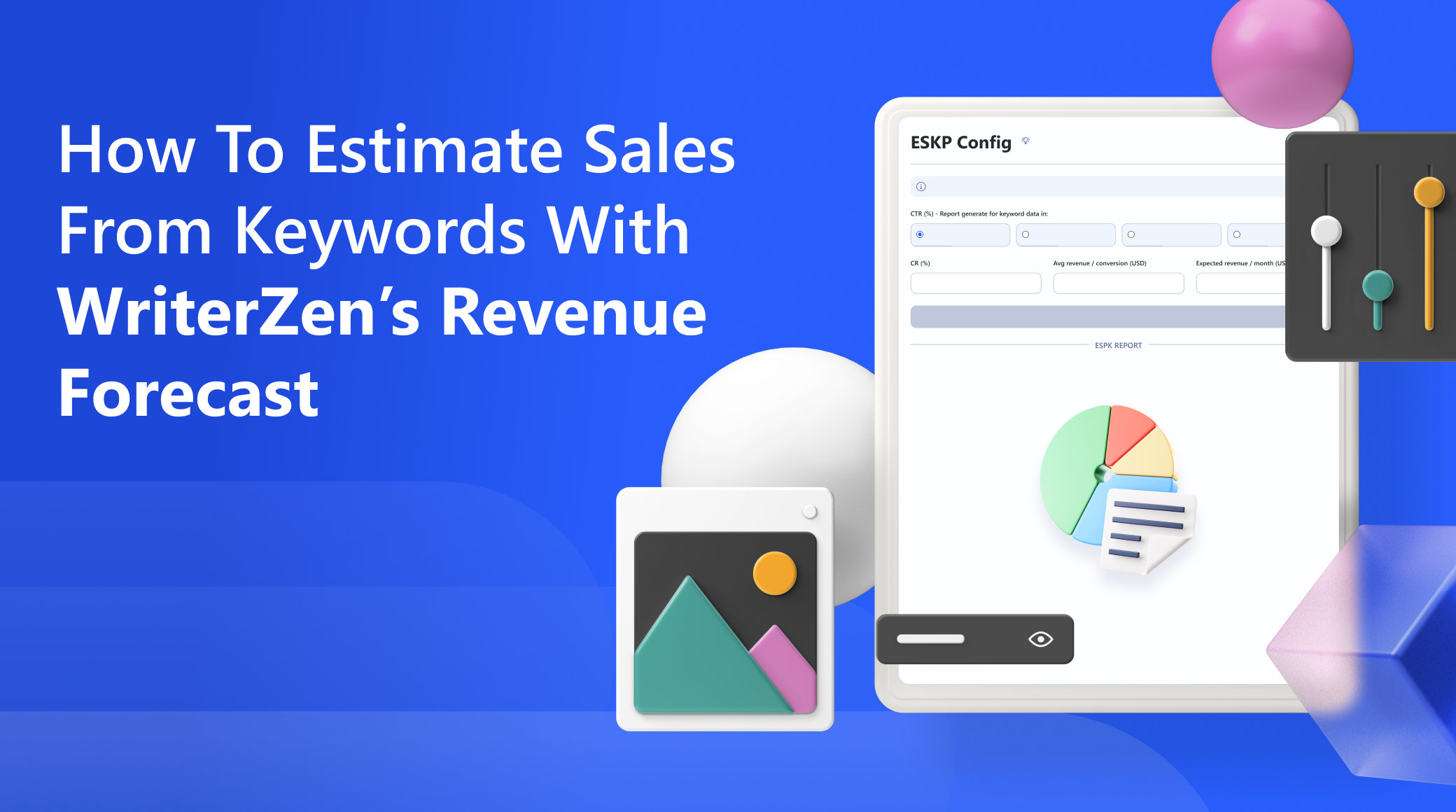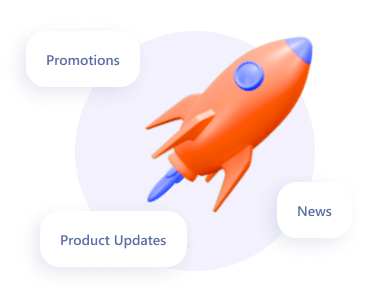If you’re in marketing, I bet you’ve heard the phrase, “hope is not a strategy.”
Indeed, it isn’t.
We know SEO marketing can be unpredictable. Trends evolve, and consumer needs change, affecting how content or marketing messages are received.
But this isn’t enough reason to fold your arms and hope the tide blows your brand somewhere favorable. To maximize your chances of SEO success, you need to do more than wing it. You need to be proactive. Study patterns, analyze current data, draw reasonable conclusions, and create an actionable strategy from the results.
Simply put, you need to engage in SEO Forecasting.
What is SEO Forecasting
According to Alex Juel, Senior SEO Manager at Inflow,
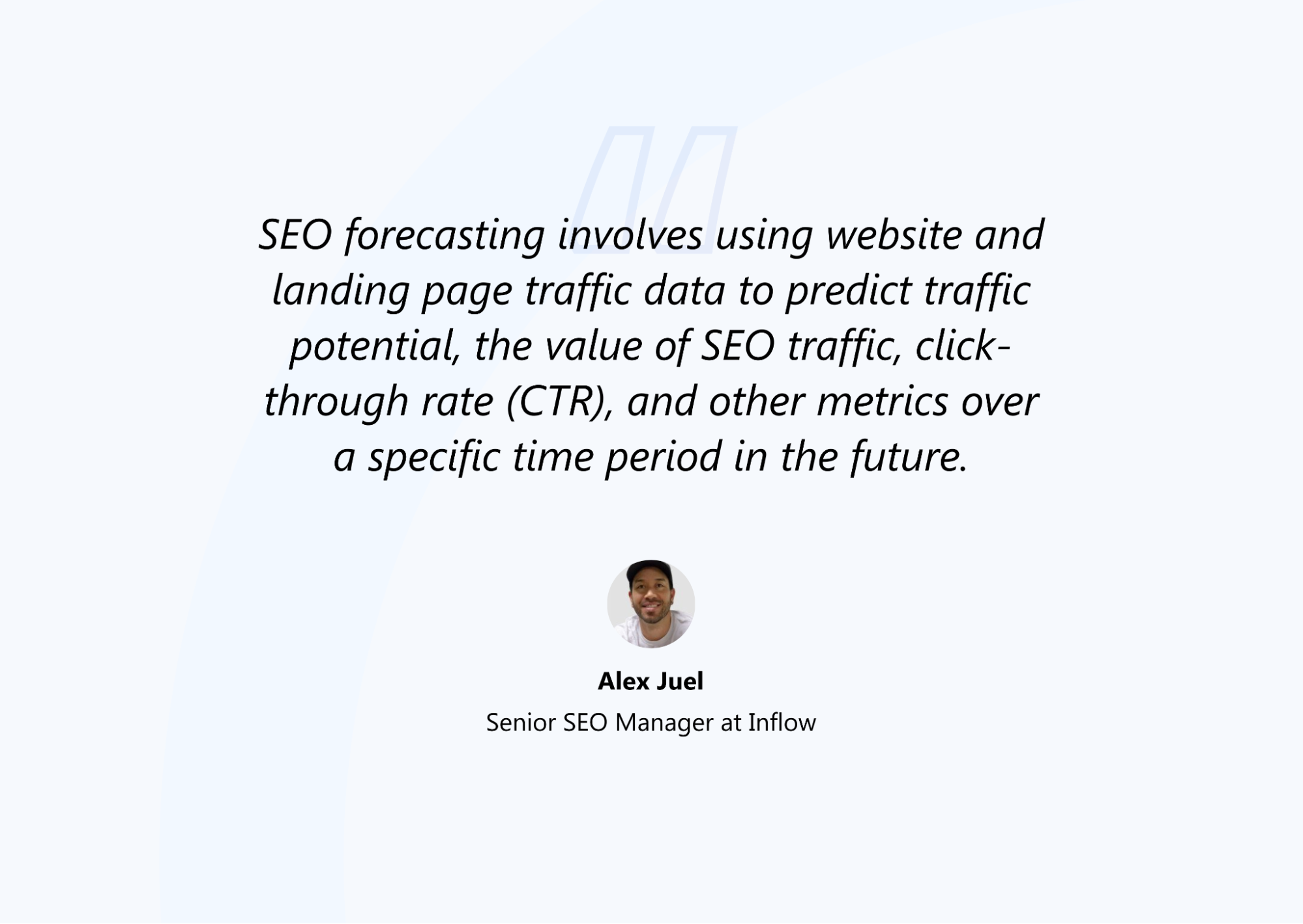
Why try to learn from the past?
Because it can provide valuable insights that can shape the future. It is as Mark Twain said, “History doesn’t repeat itself, but it often rhymes.”
Take actuaries.
They use historical data to predict the future and minimize impending financial risks.
Data forecasting does the same.
You can predict future search traffic and value by analyzing past and current data. Then adjust strategy and budget accordingly.
All of this begs the question…
When Should You Forecast SEO?
If you work in an agency, we recommend forecasting for every new client, then a few months into the project. This will help you determine whether the predictions you made at the start were accurate and if the strategy is working.
For in-house companies, also study data at the beginning and middle of every campaign launched. Monthly or quarterly at most for overall brand SEO activities.
Got it?
Let’s dive into the ‘how.’
How to Do SEO Forecasting
There are two major types of forecasting: Keywords and Statistical.
While the former is based on analyzing traffic and CTR data, the latter uses historical or past sales data to predict future performance.
Both types have the same objective, but we’ll focus on the keyword forecasting model and how to perform it in this piece.
The use of spreadsheets is one of the most common keyword projection methods. It involves importing organic traffic growth records from Google Analytics or any web analytics platform into a spreadsheet, copying/pasting them into a forecasting template, and editing the data to fit into the template.
The problems with this method are:
-
Slow and exhausting process: It happens especially when entering the data manually.
-
Scalability problems: As your business and the need for forecasting grow, so will the number of spreadsheets you need. After a while, they cause clutter, further complicating your workflow.
-
Error-prone: Manual data entry elevates the risk of making mistakes, and cross-checking for these mistakes is not a productive use of time.
What’s a more effective way?
Using a third-party SEO forecasting tool like WriterZen.
With WriterZen, you don’t need a spreadsheet template to forecast. All you need to do is log in, and provide a few details, and the tool will do the hard work of sifting through data and producing predictions. All these can be done in minutes. No more manual data entry or spending hours poring over the sheet.
Let’s see how it works below.
To calculate forecast values, WriterZen uses the formula:
(Volume Search Per Keyword) x (CTR) x (CR)
Where:
-
Volume Search Per Keyword: The average monthly search volume of the keyword
-
Click-Through Rate (CTR): The percentage of searchers who click on your site from the Search Engine Results Pages (SERP).
-
Conversion Rate (CR): How many sales per 100 traffic to a website.
You only need to input your CR, average revenue in USD, expected revenue, and CTR (optional) into the tool.
Note: WriterZen already has a benchmark of CTR for different industries and provides them automatically, but if you have a different rate, you can always change it. You can find your CR in your Google Analytics. Then the average revenue when you calculate how much of your traffic converts into buyers and the rate per conversion.
Say you are creating a six-month content marketing strategy for a pet company and want to find out the projections for the keyword ‘pet care.’
First, enter your keyword into ‘Keyword Explorer’:
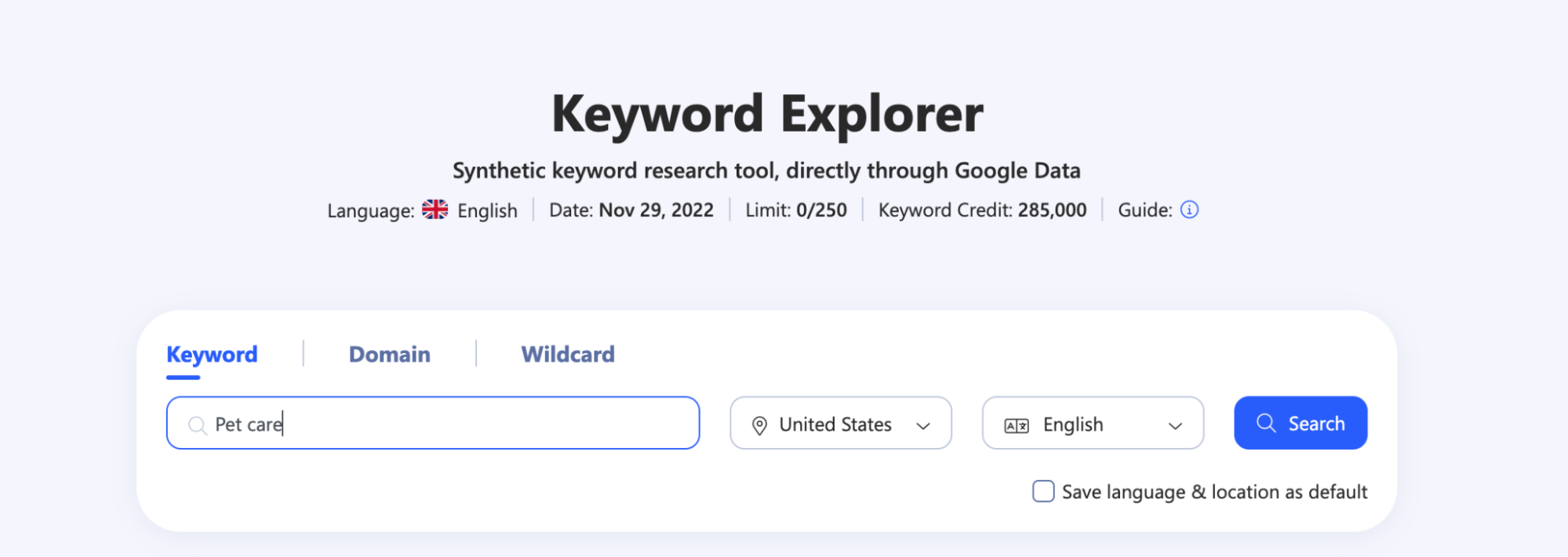
Immediately, you are provided with information like the search volume, total number of keywords, PPC competition, etc.
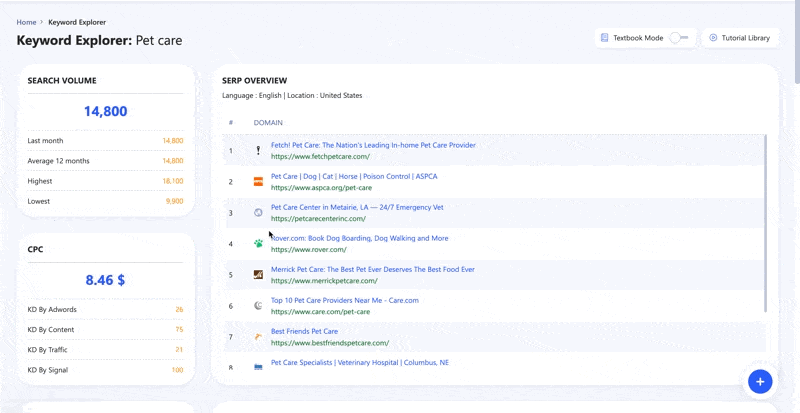
The keywords results are what your forecast will be conducted based upon. So it is advisable to filter them using the ‘Golden filter’ before forecasting to target keywords with the most potential:

Filter by either ranking value or potential value of the keywords:
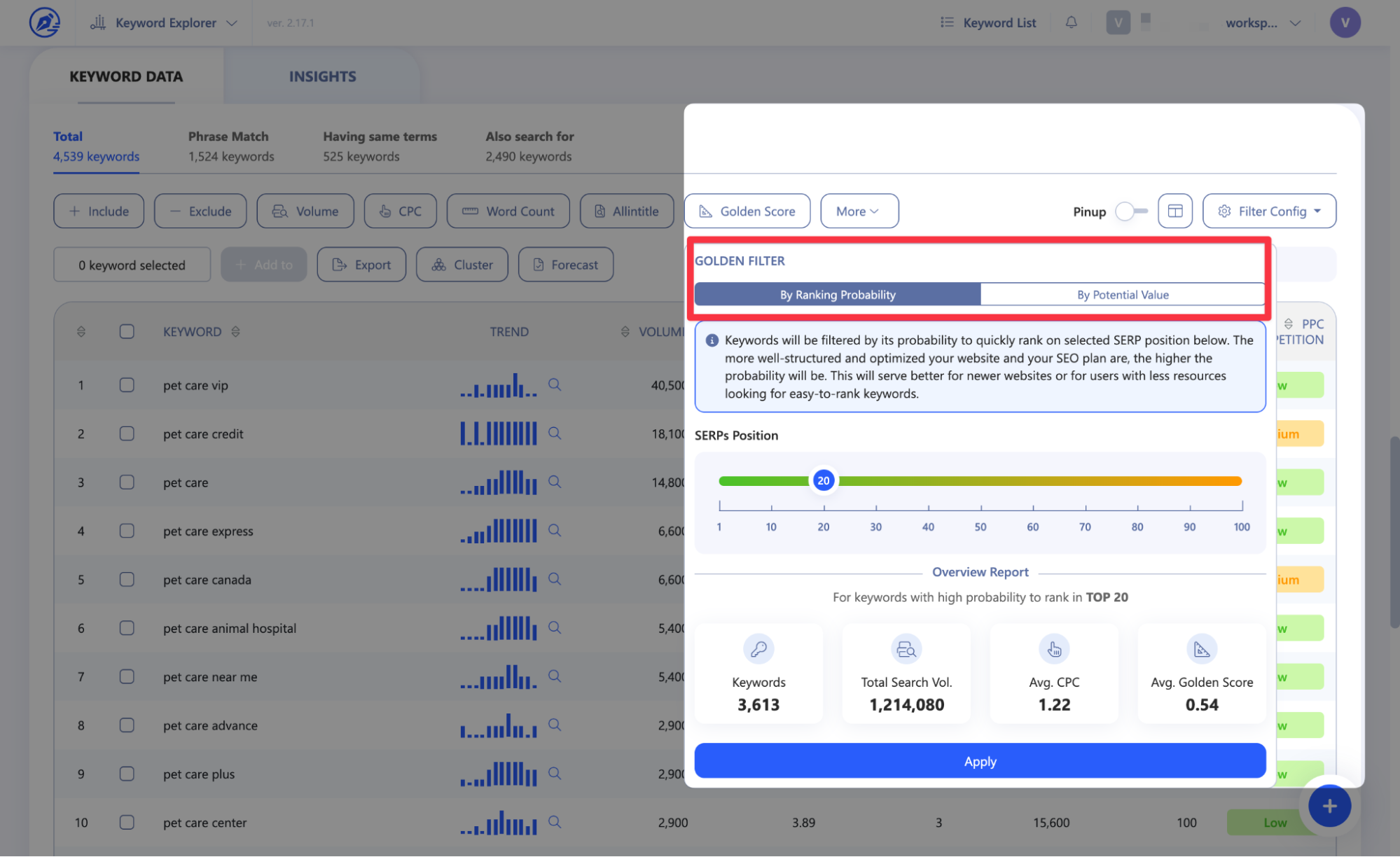
Next, click on the ‘forecast’ option:
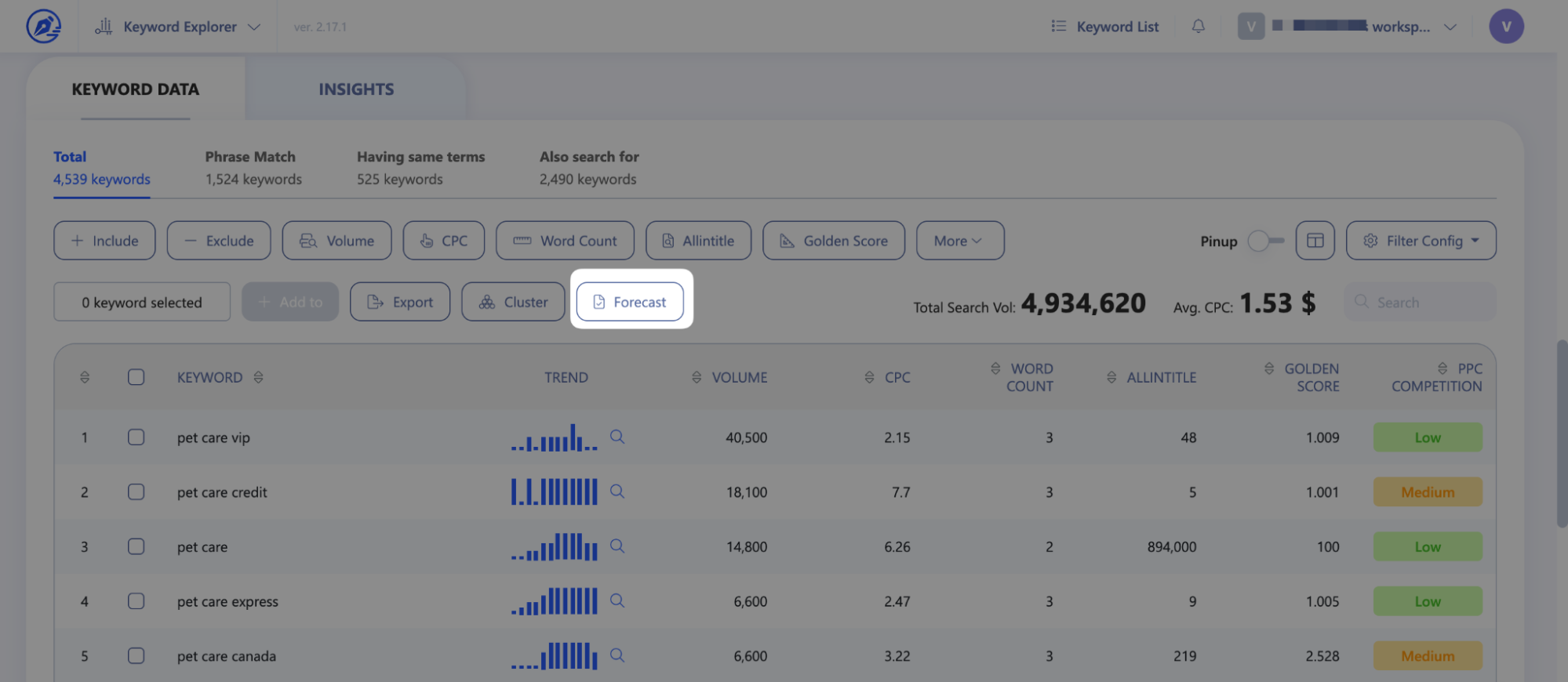
And fill in the pertinent figures like CR, average revenue, and expected revenue. Remember, you can always change the set CTR if you have your figures:

The tool spits out your forecast report instantly in a simple and easy-to-understand format:
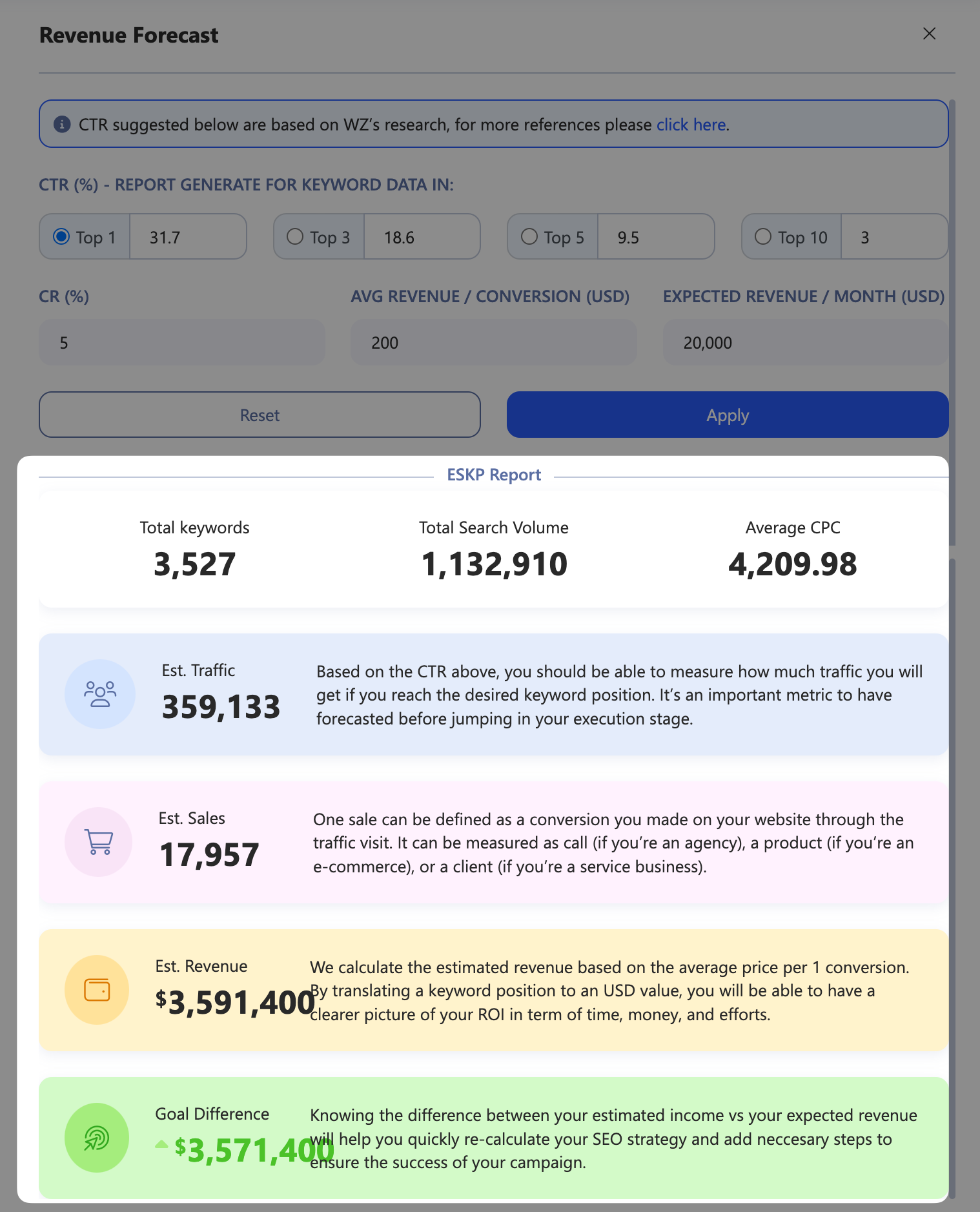
Surf through the report and adjust your keyword list if needed. For instance, add to the list if you need more than your current keyword list to produce desired revenue.
In our example above, we’ll meet and even surpass our goal if the keywords on the list are ranking in the top 10 SERPs.
See? You’ve forecasted keywords in only a few clicks instead of spending hours with a Google sheet or excel. WriterZen makes estimating profits from keywords easier:
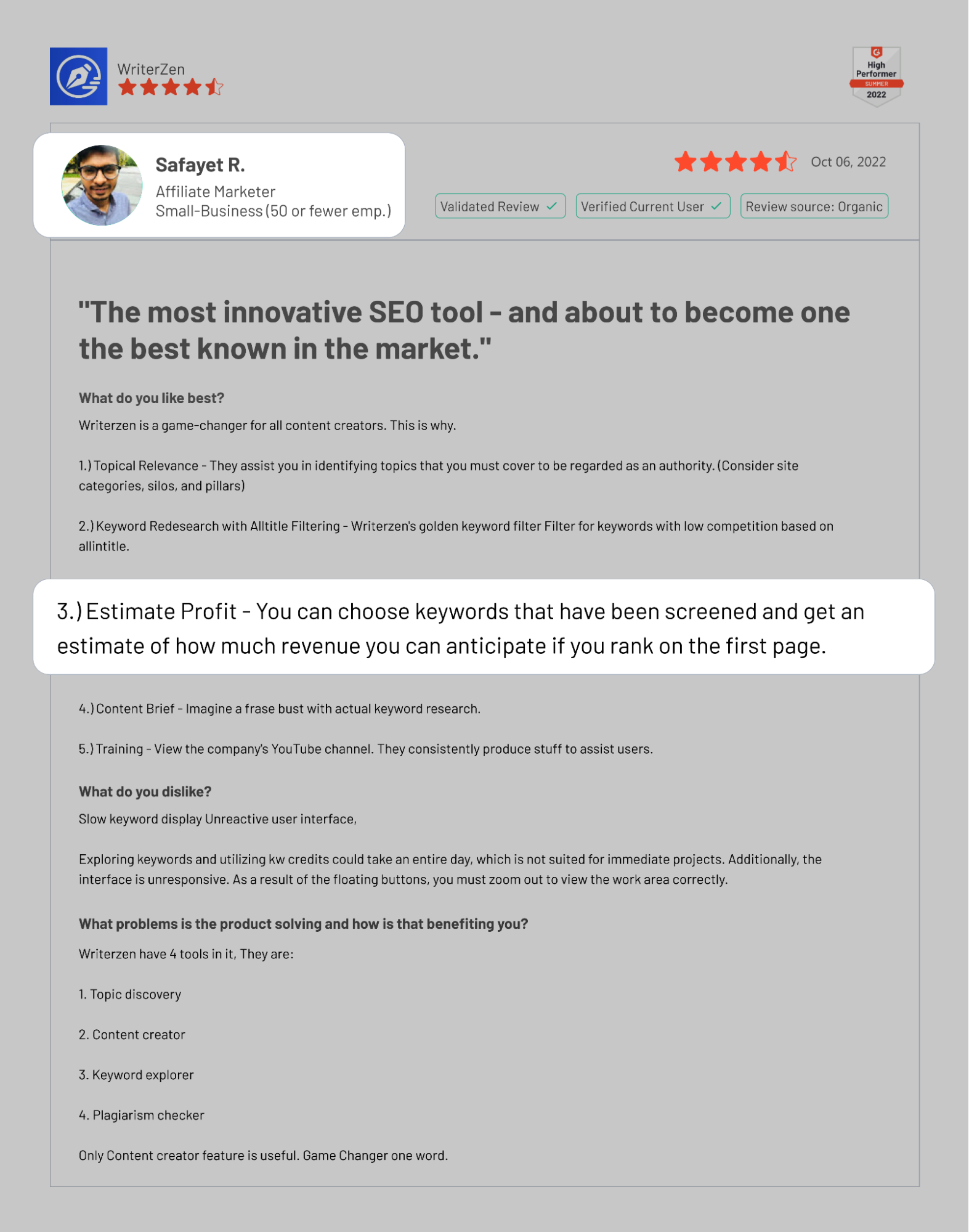
Benefits of SEO Forecasting
Increase Confidence in SEO
Backlinko’s survey reports that only 30% of business owners would recommend their current SEO service provider. That leaves 70% of people who aren’t satisfied with their provider. This dissatisfaction is because 24% of business owners don’t see the cost-benefit of SEO, and 25% don’t know what they are getting out of the arrangement.
Ric Rodriguez, Chief Growth Officer at Finsu, shed more light on this issue in a piece on Search Engine Watch. He said:
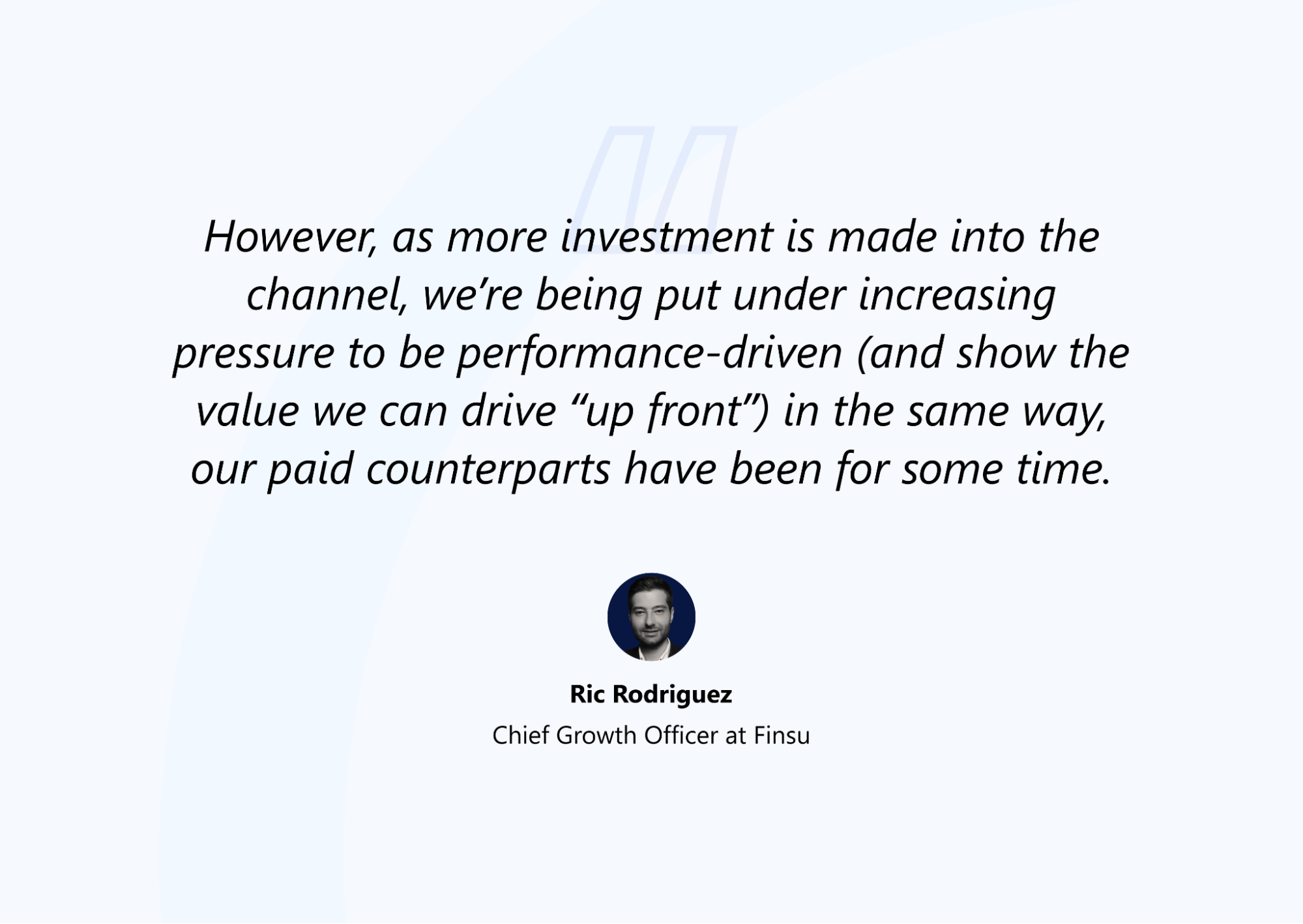
One way to showcase SEO as a results-led channel and restore confidence is by providing forecasts before the project starts and periodically to stakeholders and business owners.
Increase Budget
Accessing new customers is the first reason 83% of people invest in SEO. By proving how your efforts can help generate revenue, you can get them to open their purse strings and invest more in SEO.
Promote Accountability
Creating a strategy based on forecasting results can help keep teams accountable. As such, all team efforts are geared towards achieving the revenue projections and upholding their end of the deal.
In the words of Daniel Peskin, Growth Advisor,
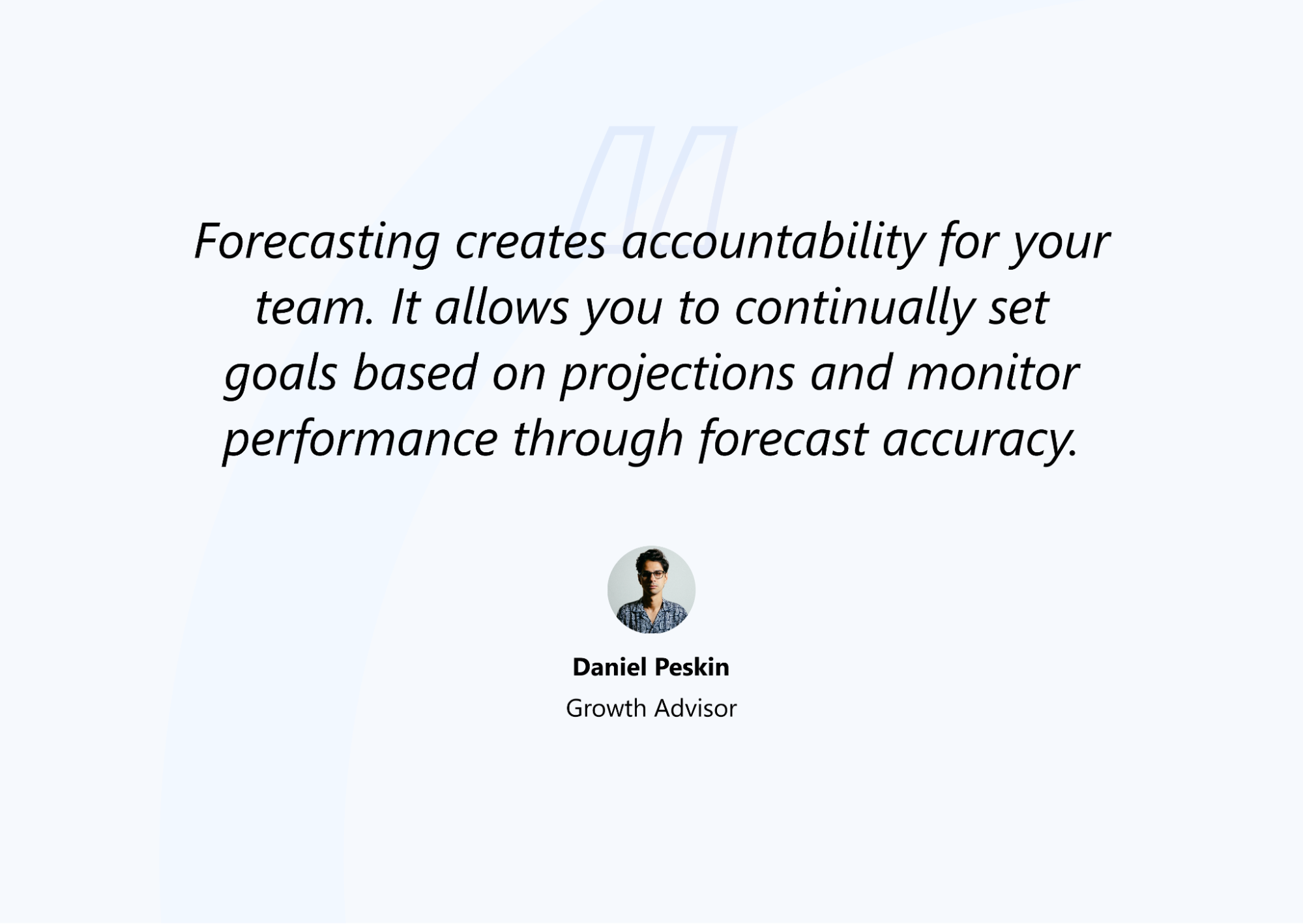
Dispel Unrealistic Targets
Sometimes, stakeholders and business owners have unrealistic expectations from SEO. If you embark on such a project without forecasting, it is a recipe for disaster. You will be blamed when you inevitably don’t meet the target.
Sharing projections is a good way to keep these expectations in check.
Reduce Uncertainties When Forecasting SEO with WriterZen
It is true that the art of forecasting is not 100% accurate. A lot can happen to change the projections you’ve made. However, it is possible to minimize uncertainties as much as possible,
And that’s where WriterZen comes in.
With the software, you get near-accurate keyword sales projections barring external and uncontrollable factors. Hear it from our user:
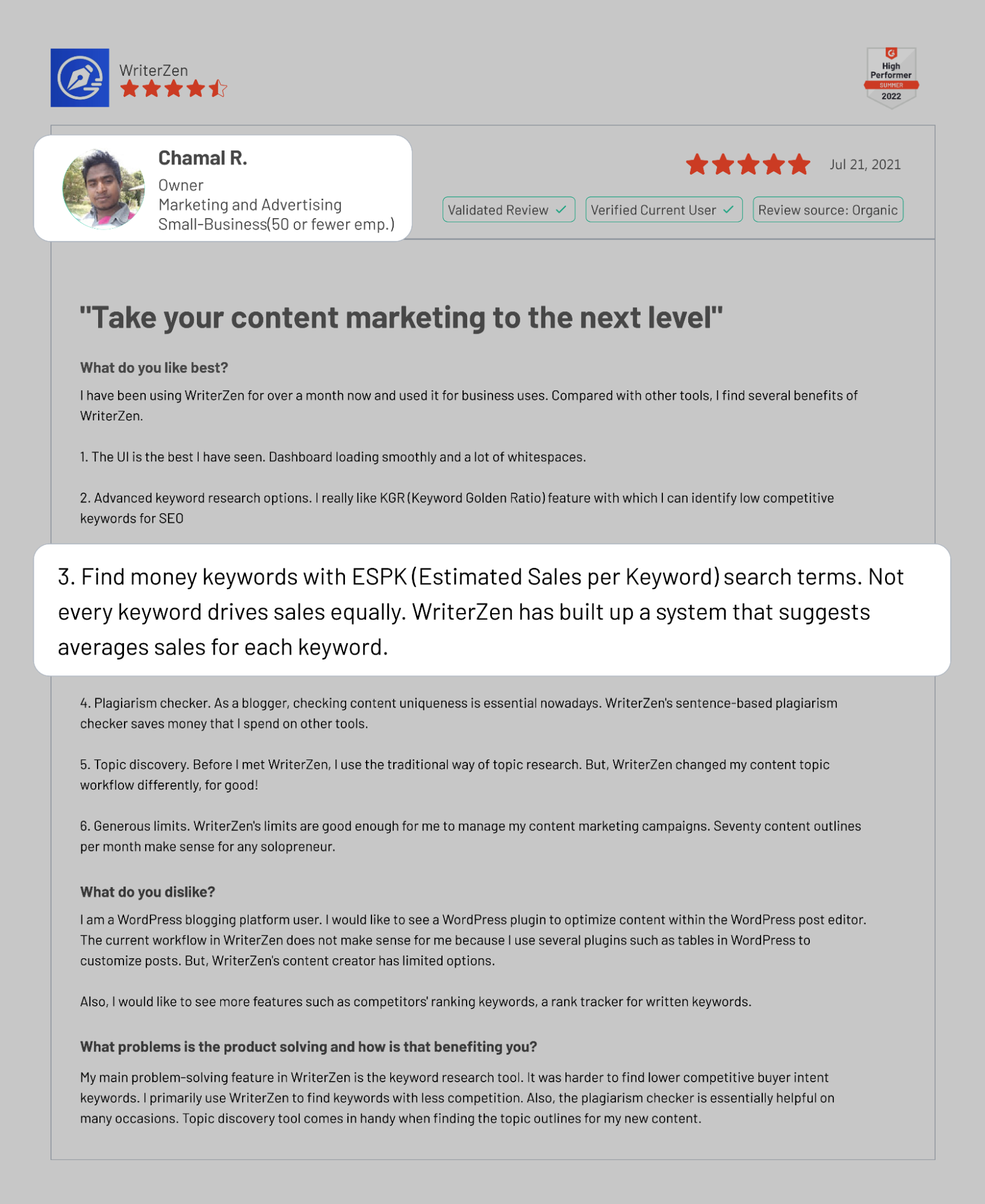
After Forecasting, What Next?
At this point, you understand the exact keywords you need to target to hit your revenue goals.
What do you do with the information?
Use it to inform SEO content strategy, make adjustments, and set clear goals.


